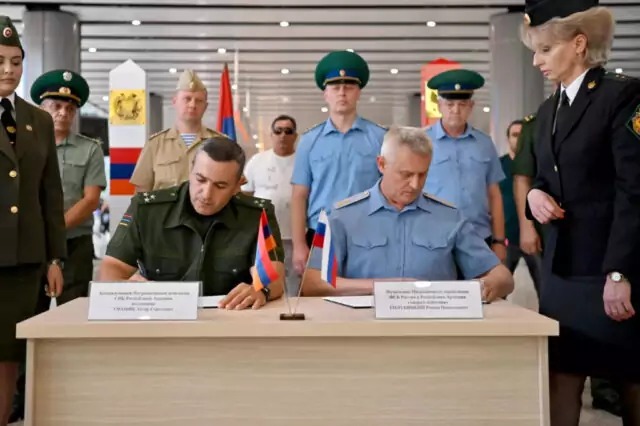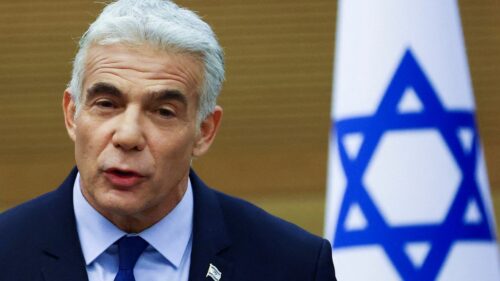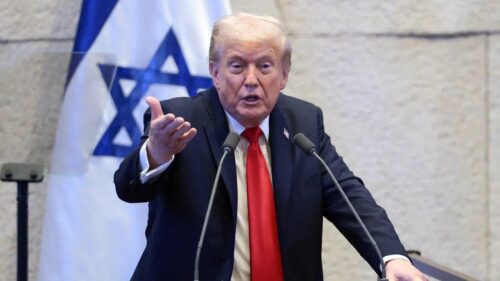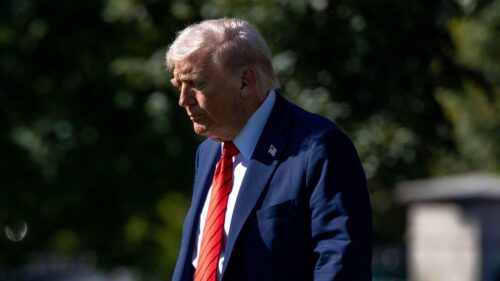
The Jamestown Foundation: Armenia’s withdrawal from the CSTO will change the balance of power in the region, enhancing the roles of Azerbaijan, Turkey and the West
Yerevan’s next step after leaving the CSTO remains unclear, The Jamestown Foundation writes. As noted, Armenia is the only South Caucasus country that is a member of the Russian-led Eurasian Economic Union (EAEU). If Armenia wants to separate completely from Russia, it will have numerous obstacles concerning economic independence. Important sectors of the Armenian economy, such as electricity, gas, telecommunications, and railway transport, were handed over to Russia in 2003 in payment for Yerevan’s accumulated $100 million debt to Moscow.
After that, Armenia’s economic dependence on Russia increased, which gave Moscow political influence. Pashinyan still has to overcome domestic political challenges in officially withdrawing from the CSTO. However, in case of success, it is not clear which partners Yerevan will go to as an alternative to Russia. Current options range from France and the U.S. to Iran and India. The most ready to play such a role seems to be France, which has support in the United States.
Recent defense and military agreements between Armenia and France could be a sign of Yerevan reorienting the country’s foreign policy to the West.
Iran can be a reliable and stable alternative for Armenia. Although Tehran finds the weakening of Armenia’s relations with Russia and possible departure from the CSTO undesirable, as such acts may serve to weaken the unwritten alliance between Iran, Armenia, and Russia and increase the influence of the West and NATO in the South Caucasus. These changes will drastically alter the balance of power in the South Caucasus, to the detriment of Iran and Russia and to the benefit of Azerbaijan, Turkey and the West.
In these circumstances, if Armenia withdraws from the CSTO, Iran will try to maintain close relations with its only Christian neighbor. Maintaining the 40 kilometer border with Armenia is a strategic priority for Iran. During the last three decades, the Russian border guards were responsible for the security of this border. If these forces are withdrawn from Armenia, Iran would prefer they not be replaced by another foreign force and that Armenian border guard were stationed this border.
India and Armenia have expanded military and defense cooperation in recent years. India, however, is unlikely to be a suitable alternative for Russia, as New Delhi maintains close relations with Moscow. India also participates in the International North-South Transport Corridor (INSTC) with Iran, Azerbaijan, and Russia, and New Delhi hopes to take a relatively more balanced approach to the South Caucasus. Furthermore, the tripartite cooperation between Armenia, Iran, and India focuses efforts on “soft balancing” instead of “hard balancing” against the tripartite ties of Azerbaijan, Turkey and Pakistan in the region.
Armenia’s strategic shift away from Russia signifies a transformation in its geopolitical stance. Yerevan’s decision to withdraw from the CSTO, if implemented, is a paradigm shift not only for the country but also for the wider South Caucasus. It could fundamentally change the arrangement of political forces and the balance of power in the region, potentially diminishing Russian influence while enhancing the roles of Azerbaijan, Turkey and the West.


